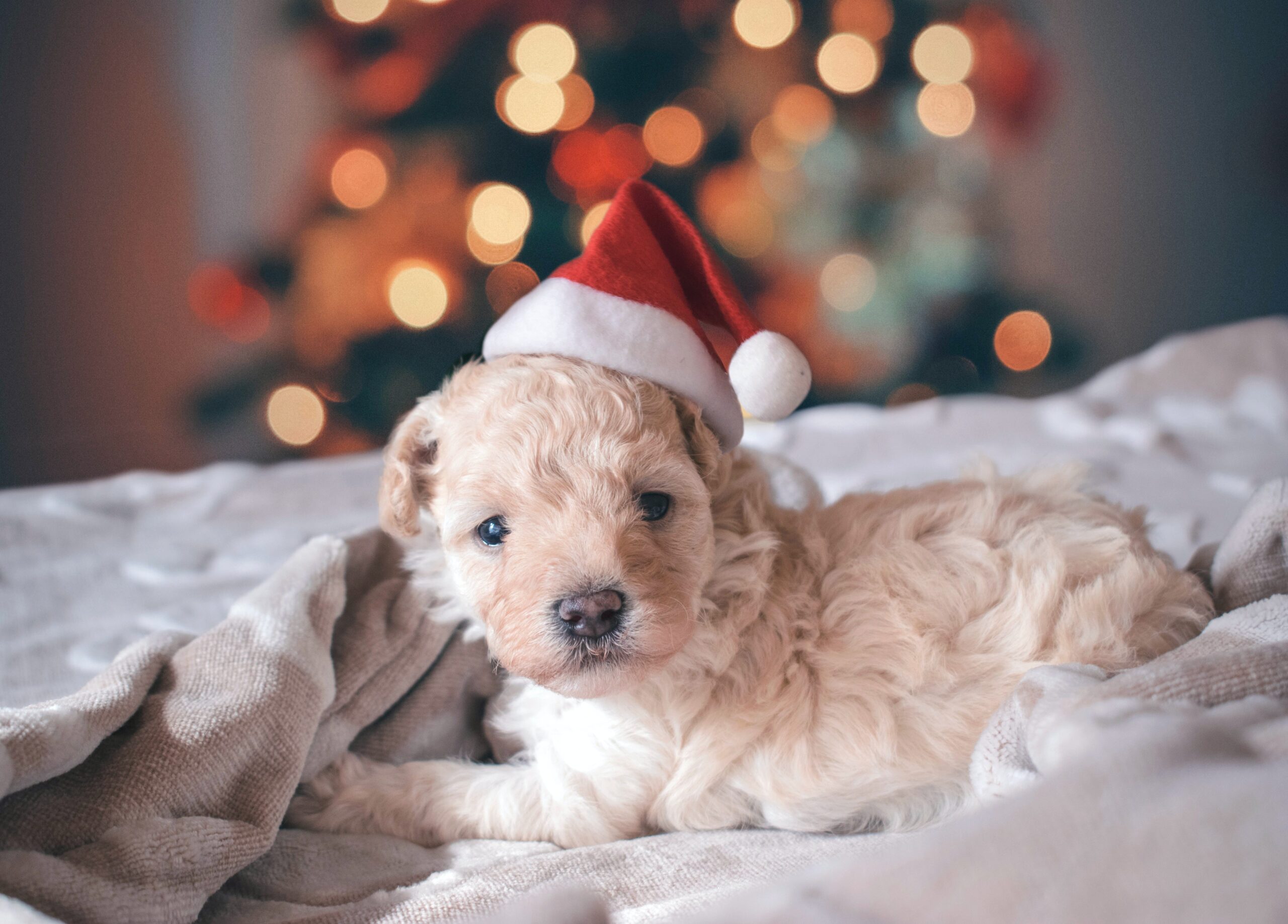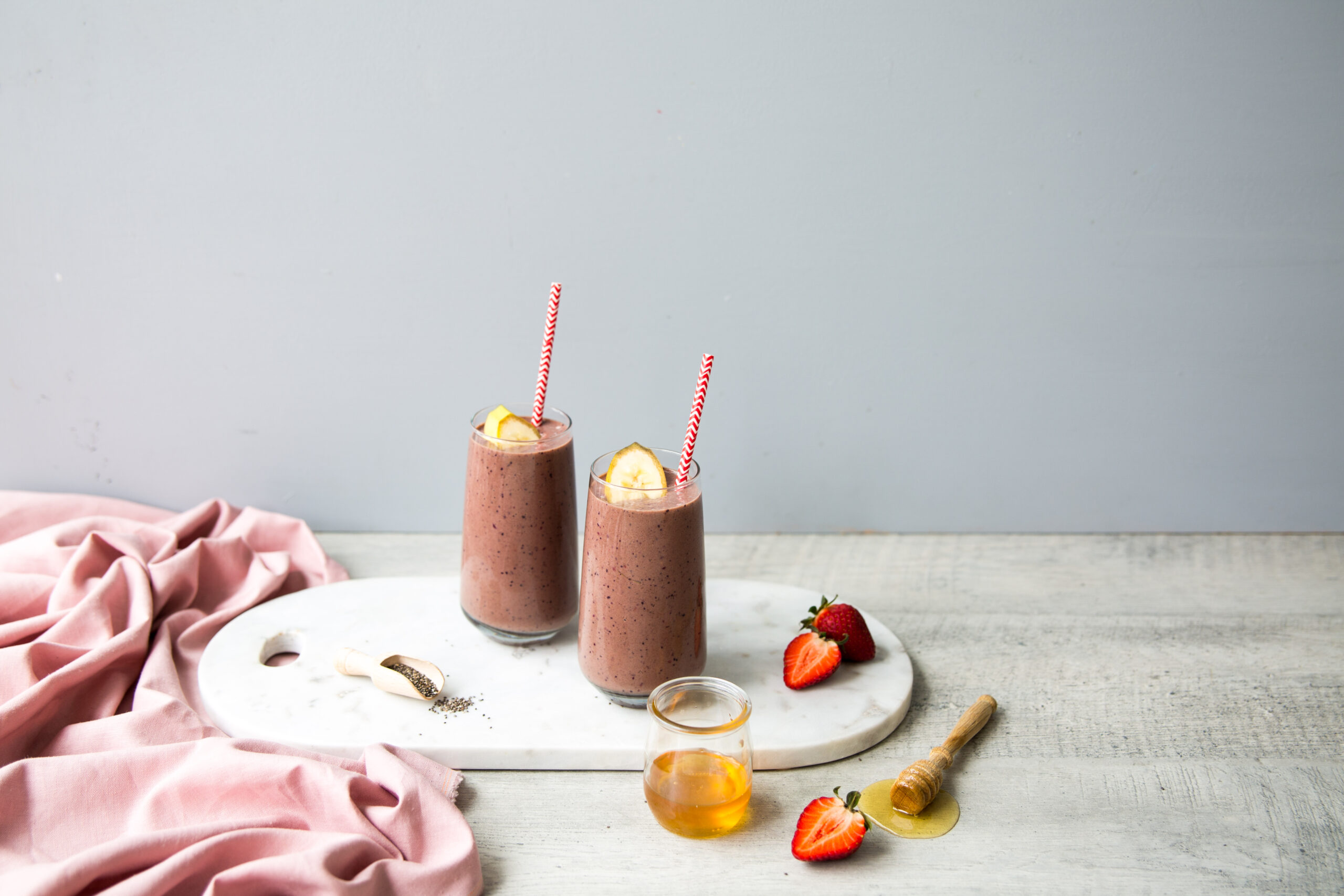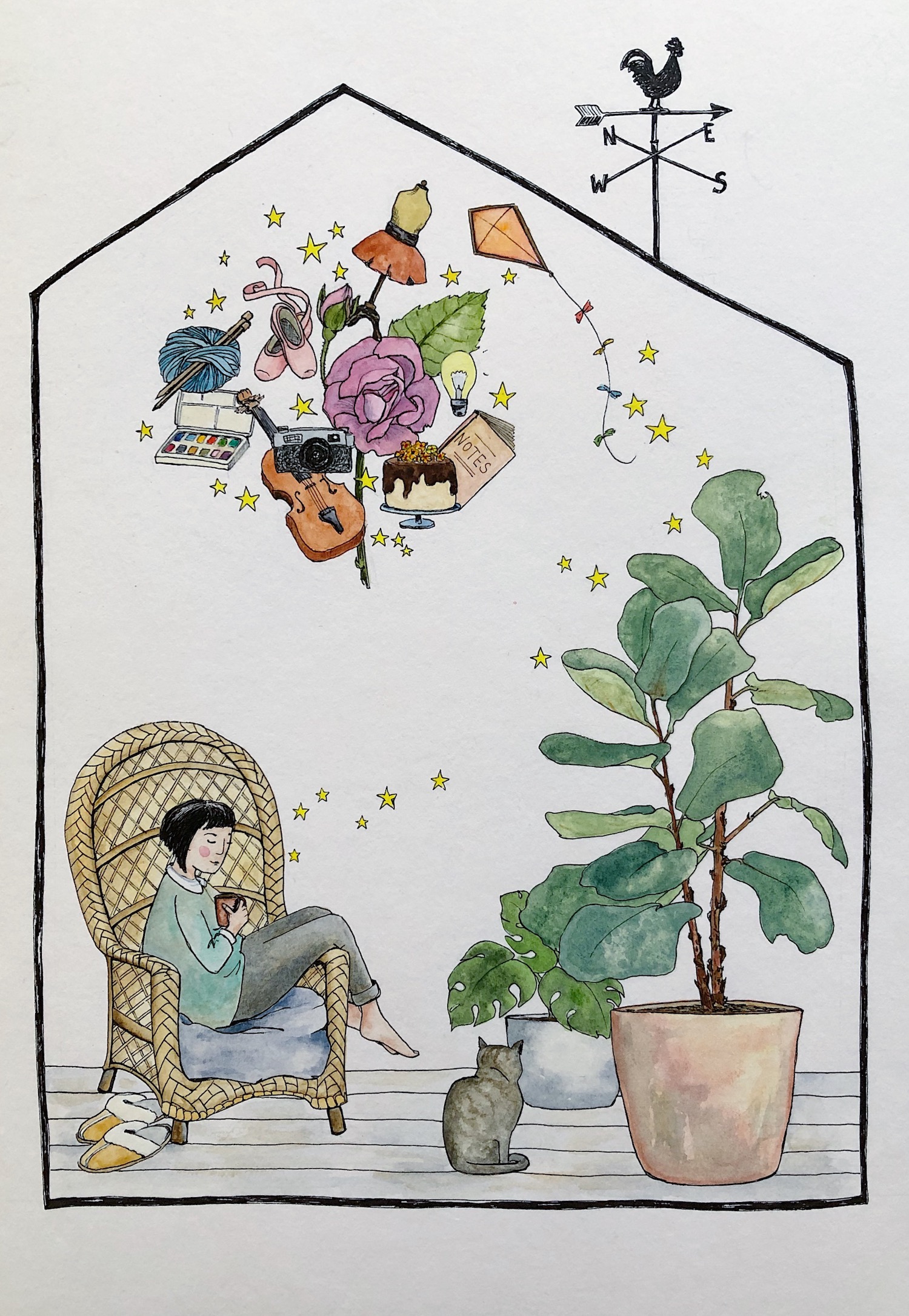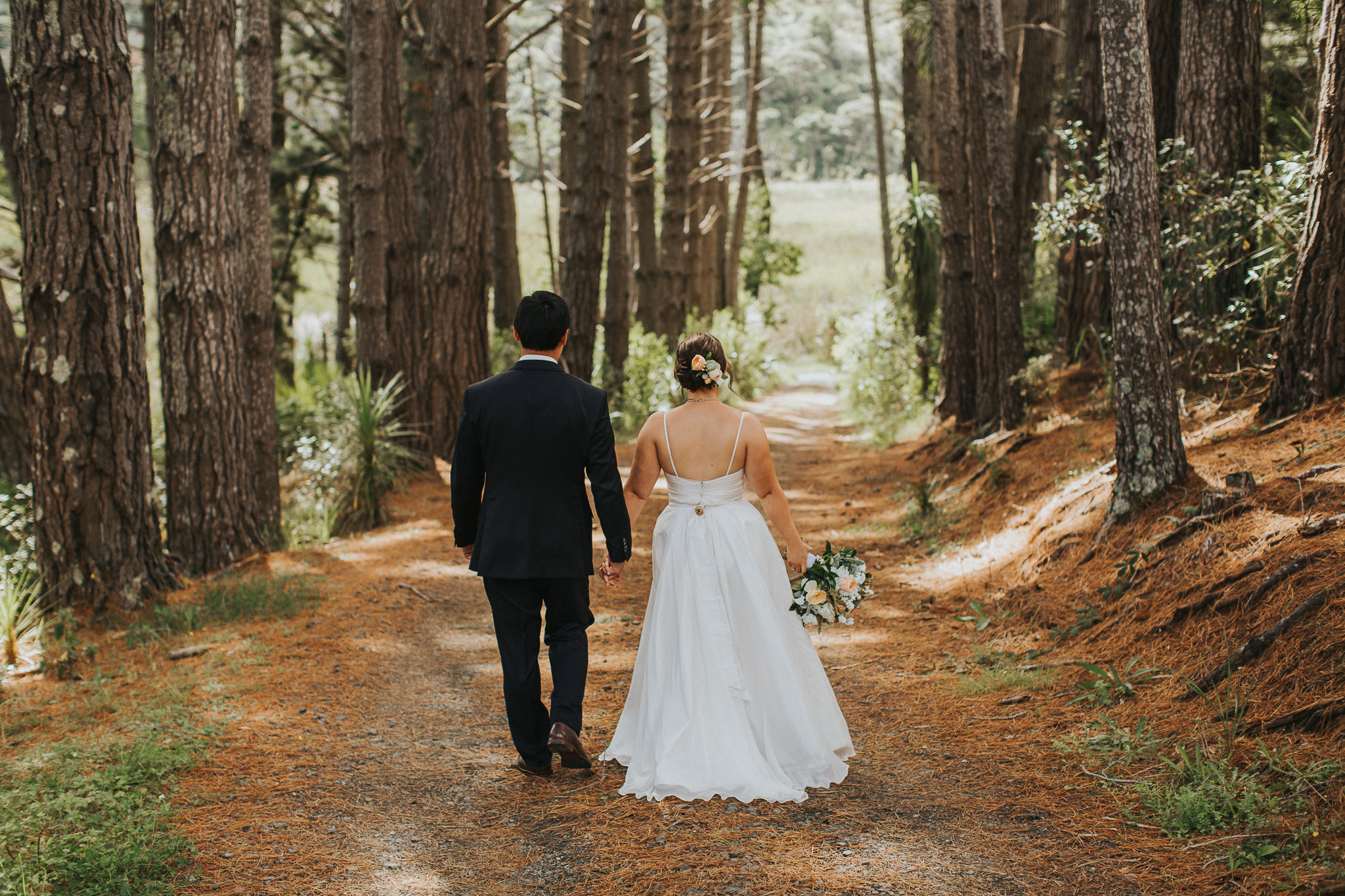Already thinking about your Christmas menu? Although Christmas food is one of the best parts of festive traditions for most families, several items featuring on your plate could be harmful to pets if they get their paws on them.
Keen to ensure our furry friends enjoy the festive period, the pet insurance experts at money.co.uk can reveal which Christmas foods to keep away from your dogs, and which leftovers they can eat in moderation.
Stuffing
If you’re planning on eating sage and onion stuffing, hide it from your dogs (and cats).
Onions, garlic, chives, shallots and leeks all belong to the allium plant.
When ingested, it can damage your dog’s red blood cells which transport oxygen from the lungs to the body’s tissues.
They may experience an increased heart and respiratory rate, weakness and diarrhoea, with some symptoms not visible until a few days after.
Blue cheese
Most dogs love cheese, but blue cheeses like stilton and Roquefort should be avoided due to a fungus called Roquefortine C. Dogs are sensitive to this substance which can cause high temperature, vomiting, diarrhoea and convulsions (muscle tremors and seizures).
It’s also worth remembering that if you’re adding grapes to your cheese board, to keep these away from your four-legged friend as they can also cause problems if ingested.
Chocolate
Despite being a favourite festive treat for humans, chocolate poses a real threat to our dogs.
The chemical compound theobromine is a stimulant, like coffee for humans, and can be fatal depending on the size of your dog and the colour of the chocolate.
The darker the chocolate, the higher the toxicity. So, hide your advent calendars and celebrations boxes in a secure location.
Nuts
Although not all nuts are toxic to dogs (aside from the high-fat content and choking hazards), ensure you keep macadamia nuts and black walnuts away from your dog’s paws.
Macadamia nuts and black walnuts can result in a lethargic reaction, such as wobbly legs and stiffness, vomiting and seizures if consumed.
Christmas treats with raisins
While Christmas treats like Christmas pudding, Christmas cake and mince pies are enjoyed among humans, they should not be eaten by our furry friends due to the sultanas and raisins.
These fruits are dried grapes and could potentially lead to kidney failure, even when cooked in baked treats.
Alcohol
No matter the occasion, no type of alcohol should be given to our pets.
Dogs are more sensitive to ethanol than humans, so drinking even a little could cause drowsiness and, in more serious cases, result in low sugar levels and seizures.
Which leftovers can I give to my dogs (in moderation)?
- Protein food items like cooked turkey, chicken and salmon are fine for dogs to eat. If you’re seasoning your meats, ensure you don’t give your dog the skin or cooked bones
- Vegetables such as carrots, peas, green beans and parsnips are nutritious and therefore a safe option but again avoid any cooked with salt
- Alternatively, try baking pet-friendly Christmas snacks like peanut butter dog biscuits. A pawfect treat while the humans eat dinner.
Salman Haqqi, pet insurance expert at money.co.uk, commented on the festive foods toxic to our pets:
“As we enter the festive period, many of us will want to ensure our pets are able to join in on the celebrations. But it’s important to remember that they can’t eat the same foods as humans. Before feeding your dog anything which isn’t their regular food or treat, it’s worth doing your research on whether it will be harmful to your furry companion.
“If you’re really keen to feed your dog a Christmas dinner, it’s worth sticking to unseasoned healthy leftovers like carrots and parsnips. Or you could make them pet-friendly Christmas treats to ensure they’re only eating what’s suitable for their digestive systems.
“To avoid mishaps in the home while you’re busy cooking Christmas dinner or opening presents, secure the area so your dog can’t reach surfaces and be sure to tell your family members the dangers of giving bits of their dinner away.”







